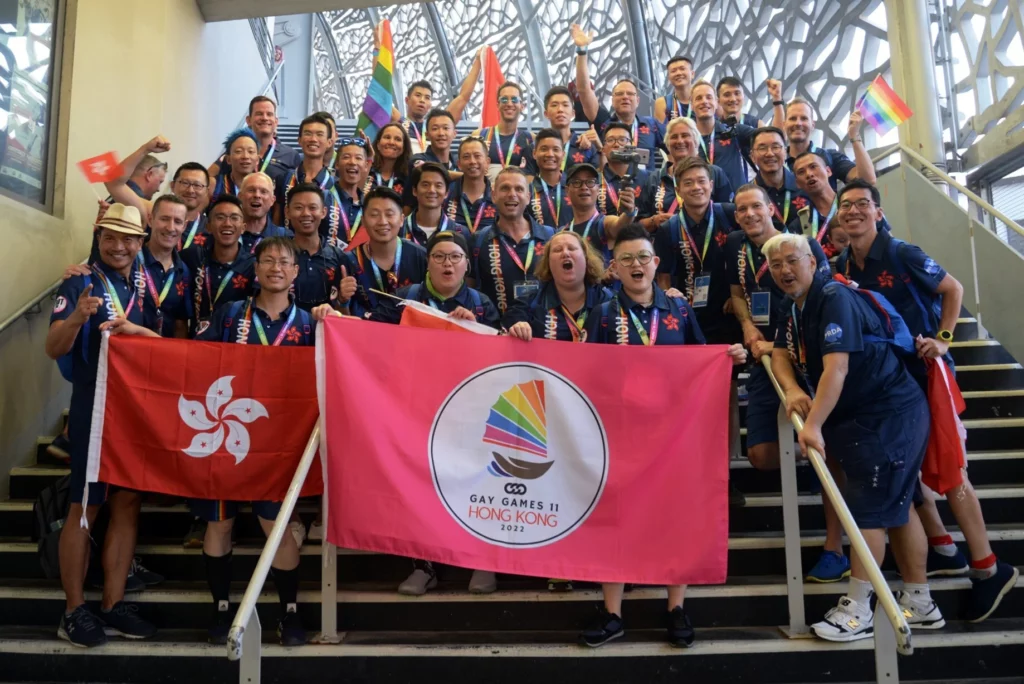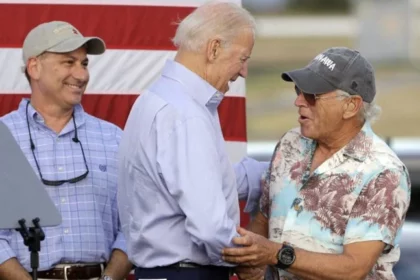The international sporting world is witnessing a historic moment as the first-ever Gay Games in Asia are set to begin in Hong Kong. This groundbreaking event, which encompasses participants from the LGBTQ+ community and heterosexual athletes, stands as a symbol of diversity and inclusivity through sports and culture.
The Gay Games, featuring 2,381 athletes competing in various disciplines including football, badminton, dragon boat racing, and even mahjong, is designed to promote unity and acceptance among individuals regardless of their sexual orientation or gender identity. The significance of this global platform was highlighted by event co-chair Lisa Lam, who emphasized the need for a space where everyone can gather in a spirit of respect and inclusion.

However, this extraordinary event unfolds in a region with its own set of challenges. Hong Kong currently does not recognize same-sex marriage, and there are no specific laws against discrimination based on sexual orientation or gender identity.
In a significant development, the city’s highest court rejected the legalization of same-sex marriage in September. Yet, it also directed the government to establish an “alternative framework” to acknowledge the rights of same-sex couples, suggesting a more nuanced approach to LGBTQ+ issues.
Despite Hong Kong’s aspirations as a global metropolis, observers note that progress in LGBTQ+ rights has been relatively slow in some areas, creating a backdrop of complexity surrounding the Gay Games.
The event was originally slated for November 2022 but faced delays due to stringent pandemic restrictions that remained in place until late last year. Mexico’s Guadalajara is co-hosting the event, ensuring no overlap in sporting events between the two locations.
While Hong Kong officials initially supported the organizers’ bid to host the Games, recent months have seen a lack of public expressions of support. The event has also faced opposition from some quarters, with seven Hong Kong lawmakers expressing their objections.
Some critics have accused the Gay Games of “attempting to subvert national security.” This concern stems from the sweeping national security law imposed on Hong Kong by Beijing in 2020 following a series of pro-democracy protests.
Safety concerns have prompted some athletes, including a team from Taiwan, to opt out of the event due to fears of arrest or detention for displaying national flags, which may contravene the national security law.
Organizers have emphasized that the Gay Games are strictly non-partisan and non-political, urging all participants and visitors to adhere to local laws and customs.
Despite the challenges and controversy surrounding the event, the inaugural Gay Games in Hong Kong represents a significant step forward in advancing LGBTQ+ rights and acceptance. The diverse group of athletes and supporters will come together in the spirit of unity, showcasing the evolving attitudes and aspirations of society.




